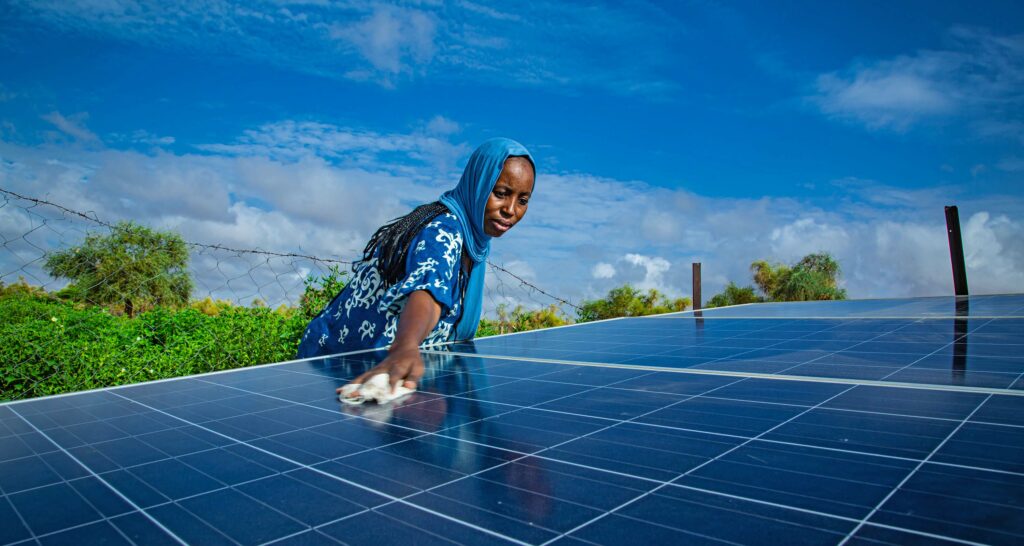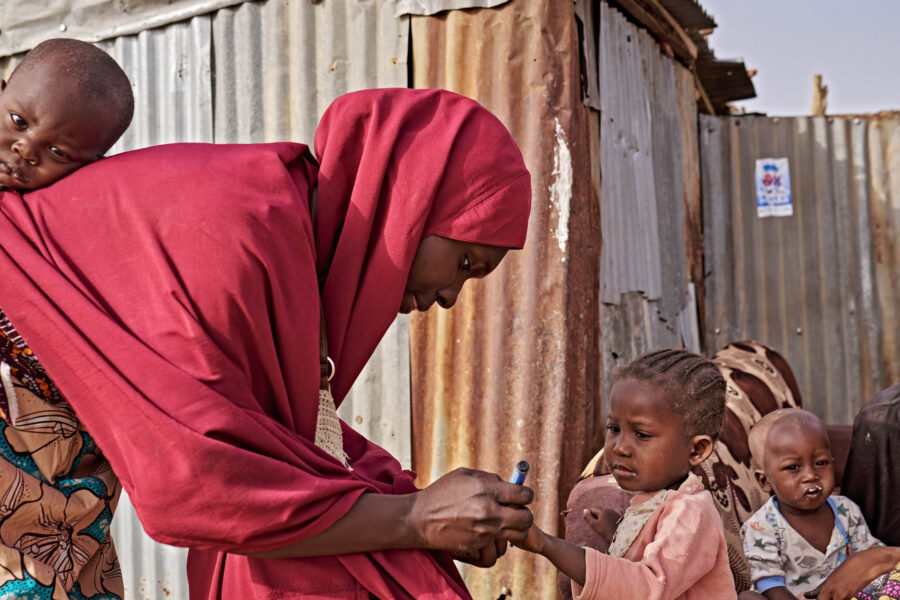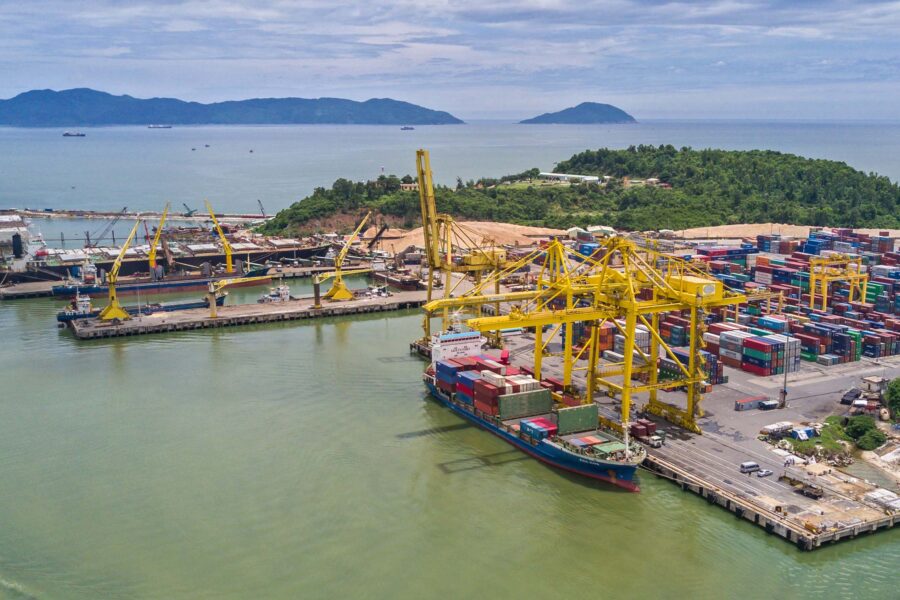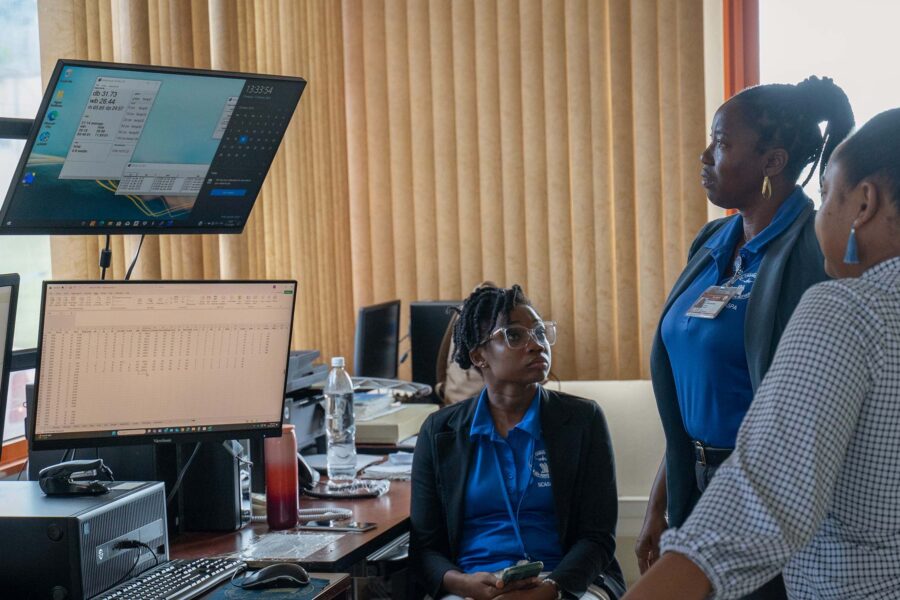Walking the path ahead
Humanity should survive the decades to come, but will it thrive? A lot depends on how many costs our leaders are willing to pay up front, and how many they will wait to have inflicted upon them
Climate — Global

When discussing climate change I am reminded always of James Mason’s speech in The Fall of the Roman Empire: “I am a teacher, and as a teacher I know that when I have tried to teach the same lesson for a hundred times and still the pupil does not understand, then I am forced to the conclusion that perhaps there’s something wrong. Either with the lesson or with the teacher.”
Having tried, as so many of us have, far more than 100 times to impress upon the world’s political society the urgency and severity of the need for climate action, there is still nothing to indicate that the lesson is wrong. And while I know myself to be an imperfect teacher, no one else seems to have had much success either. Rather, it may be time to suggest a third explanation: the pupil has understood the lesson perfectly – or as much of it as they are ever going to be willing to – and is just playing dumb because it is in their interests to do so. This suggests that there’s not much left to say to try to change their mind.
In some broad senses it is already in any case more-or-less too late. The points of departure necessary to embark upon a dramatically different course for the 21st century are rapidly receding in the rear view mirror. In some crucial ways, humanity has already chosen its path, and now must walk down it.
In time there will be a historical reckoning for this. Several generations made a choice, in full knowledge of the likely consequences, to inflict entirely unnecessary suffering upon future generations.
Reading the Intergovernmental Panel on Climate Change’s Sixth Assessment Report to determine the extent of the suffering we have chosen provides causes for both comfort and anguish. While there is no certainty and no guarantees, the best and worst-case scenarios of socio-economic pathways look increasingly unlikely. We probably will have ancestors, but those ancestors will probably curse us. Mostly one is struck by the monstrous unfairness of it all: while some impacts of climate change will be felt by all, mostly it will be vulnerable communities in the Global South – those whose historic emissions are lowest – who will pay the price for the actions of those who will be relatively well protected from consequence.
Anger is an understandable response to all of this. As is increased militancy. “It is strange and striking that climate change activists have not committed any acts of terrorism,” said John Lanchester in 2007. Fatalism and despair often follow. All this too is priced into the choice that was made.
But there is an enormous range in the severity of outcomes within even these middle socio-economic pathways. And an enormous diversity in who pays the cost. We can no longer avoid our fate, but we can do an enormous amount to determine how much it hurts, and how evenly the pain is distributed. In place of despair needs to come the making and influencing of critical decisions – decisions in which there are no longer any good options (and thankfully few suicidal options), but nevertheless options that are dramatically better or worse than others. Options that will determine who survives and who thrives in the decades to come.
Invariably these options consist of the question of how much of the cost that must now be borne our political leaders are willing to pay up front, and how much they will wait to have inflicted upon us multiple times over.
Linked to this is the question of who pays: those who have the ability to pay now will often not be those against whom costs will be charged if no payment is made. Climate justice and climate reparations – the case that those who did most to cause climate change should pay most of the costs – is not just a question of fairness or karma. It is about those with the ability to do so – ability earned through the production of carbon – using that ability to spare those without.
This edition of SDG Action outlines a number of these choices: the costs of acting, the consequences of inaction.
Jakarta floods every year, and the floods will only get worse. Triarko Nurlambang discusses what the city is doing and can do to mitigate those floods, and what will happen if it does not.
Rich countries continue to pursue a program of ensuring that the harmful social and environmental impacts of their actions are felt by countries far away from their own. Guillaume Lafortune and Eamon Drumm trace the consequences of this and the mechanisms for relocating harms.
People are moving, and will increasingly continue to move, as the changing climate alters what parts of the world are habitable, and in what forms. Julia Blocher and Kira Vinke discuss mechanisms for managing this, and the consequences of not doing so.
In our “Future Zero” section we look at what the choices we make will mean for our future warmer, lower carbon lives with respect to:
- settlements (Maimunah Mohd Sharif)
- jobs (Moustapha Kamal Gueye)
- consumption (Stefanie Hellweg and others)
- global systems (Aromar Revi)
- transport (Christopher Dekki and Alice Yiu)
- cities (Cassie Sutherland)
- trade (Lucie Qian Xia)
- construction (Karen Scrivener)
Elsewhere, Anisha Nazareth and Dayoon Kim directly address the question of who is currently being left behind, in what ways, and why.
For decades the challenge in communicating climate risk has been in balancing urgency with despondency. It wasn’t easy and perhaps we didn’t always get it right. But while we were doing our best the world warmed up on us and now we have to live with the consequences.
Our choice now is to make the best of that or to make the worst of it. To decide how bad it is going to get and to decide who it is going to get bad for.





